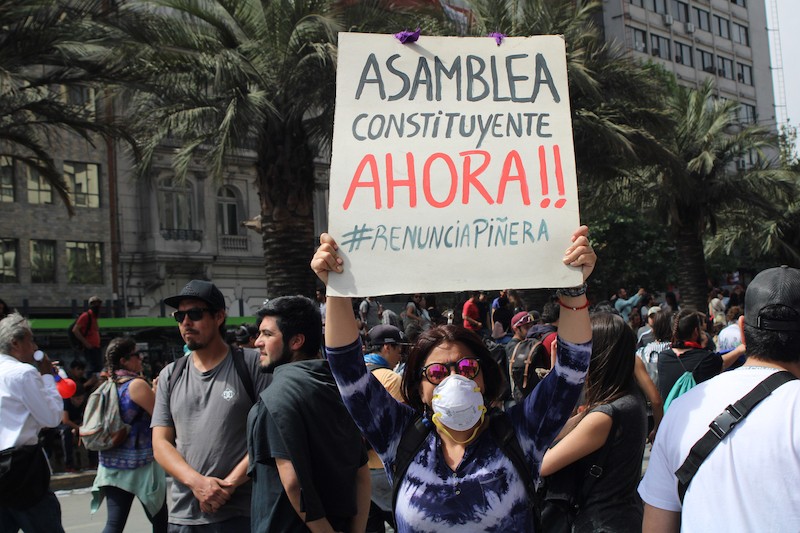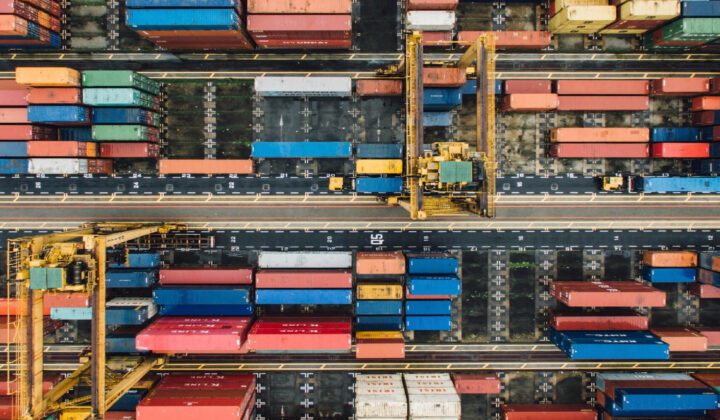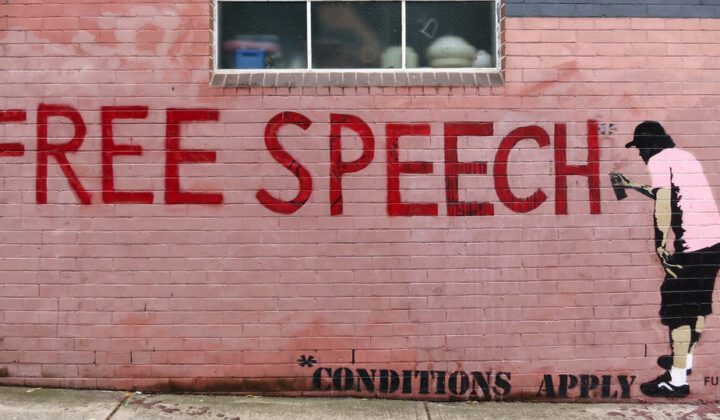Chilean voters have just elected delegates to their constitutional convention set to take place over the coming months, and progressive independent candidates are the big winners.
Following an October 2020 plebiscite where 78% of voters called for a constitutional convention, voters returned to the polls on May 15th & 16th and elected their delegates. In a stunning rebuke to the current center-right coalition, it won just 37 seats. Meanwhile, independents won 48 seats, a new-left coalition, Apruebo Dignidad, won 28 seats, and the center-left won 25 seats, giving them a 2/3rds majority.
Though the independents don’t have a unified platform, many are involved in the protest movement against perceived ‘abuses’ from the right-wing government of President Sebastián Piñera. Piñera’s government has been caught up in corruption scandals, tied to unpopular policies like privatizing the country’s pension system, and accused of ignoring income inequality.
If the independents and the left-leaning parties are able to come together, they’ll be free to change the constitution without input from any other representatives. That’s a great deal of power, and we don’t need to quote the first Spiderman movie to make clear that these delegates will have a great responsibility to protect democratic checks and balances in whatever comes next.
But if Piñera’s government is the problem, then why change the Constitution?
The constitution was written in the twilight of Augusto Pinochet’s repressive military dictatorship, which collapsed in 1990. Ever since, Chilean democracy advocates have criticized some of its anti-democratic elements. The constitution granted significant power to the military, which retained sole authority to choose its leader and reserved ten percent of the country’s copper mining revenues for its budget. The constitution also banned some far-left parties and overrepresented conservative ones.
Addressing the inequality, political corruption, and overreliance on the military which have plagued the nation since the Pinochet era could help move the country forward, but a lot could also go wrong.
Venezuela offers a cautionary tale. In 1998, voters turned out to support drafting a new, progressive constitution and in the process, elected a presidential candidate who swiftly became a dictator. Hugo Chávez promised to root out corruption and rewrite the constitution so elections wouldn’t strongly favor the establishment parties any longer. Shortly after winning, Chávez quickly began dismantling Venezuelan democracy. He dissolved the Senate, destroyed press freedoms, tanked Venezuelan industry, and laid the foundation for the greatest self-inflicted humanitarian crisis of the 21st century. By last year, more than 5 million refugees had been forced to flee the crumbling country. Venezuelan democracy died in an election, and the country has yet to recover.
Thankfully, Chile doesn’t have a prominent Chávez-like figure guiding the movement. Unfortunately, they might not need one to damage their democracy. If a new constitution ends up undermining democratic norms or institutions, it may inadvertently pave the path for an extremist government to seize power later on. Legitimate elections can destroy liberal democracy just as well as any coup. The question now is if this new constitution will contain the types of checks and balances necessary to protect democratic norms, or if it will serve as an opportunity for a new generation of Chilean authoritarians.
But this still begs the question: why should we care if we live outside of Chile?
The collapse of establishment parties and a rising interest in changing democratic institutions isn’t just a Chilean problem. According to Freedom House, democracy has been receding around the world over the past 17 years, and in countries where it’s well established, citizens are increasingly discontent. The Pew Research Center found that a majority of Americans believe that significant changes are needed to the “fundamental design and structure of American government,” including 79% of left-leaning Americans. A second constitutional convention might not be coming to America anytime soon, but both the Far Left and Far Right are likely to push for significant changes to American government in the coming years.
In the meantime, Chile will be an important test case to see if constitutions can bend to progressive interests without sacrificing democratic safeguards. If the constitutional convention fails to positively reform Chilean democracy, it should serve as a warning to democracy advocates everywhere.





